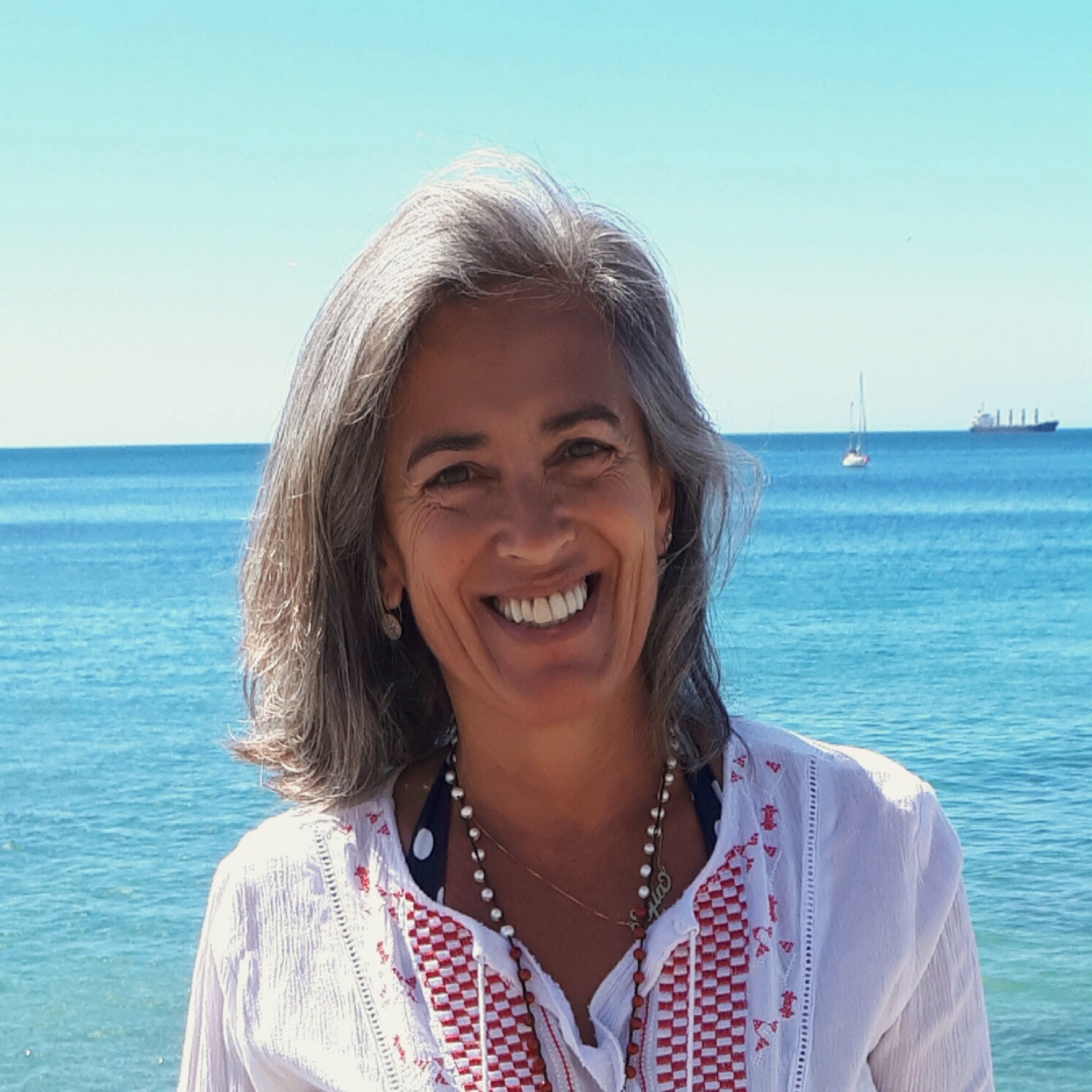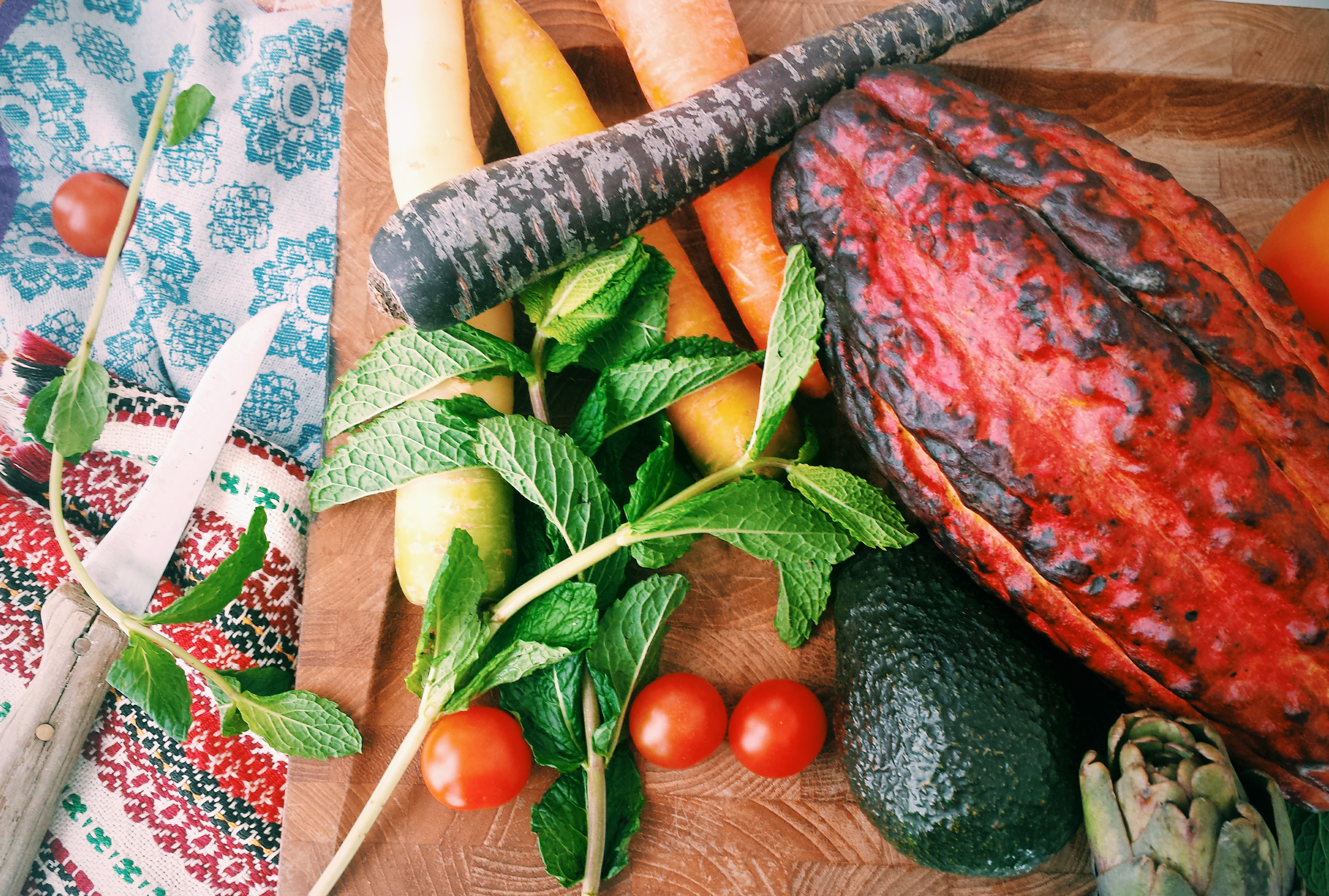Chances are you are reading this while sitting behind your computer or on your phone or tablet, which means you probably live in a WEIRD (Western, Educated, Industrialized, Rich and Democratic) country/society. WEIRD “modern world” countries include Australia, Chile, New Zealand, and many other places you may not quickly place in the Western category. For all intents and purposes, and from a cultural and sociological perspective, Western is defined as all cultures that are directly derived from and influenced by European cultures.
There are many good things that come with living in a WEIRD place. As intelligently written in Homo Deus, Yuval Noah Harari’s compelling book, people that live in WEIRD places no longer have to worry about losing their lives due to wars, famine or the plague. Which means their energy is re-directed towards striving for immortality and happiness. How we choose to go about reaching these goals, however, is a completely different issue.
The power of choice is undoubtedly a huge advantage of living in a WEIRD society. Think about it… our ability to choose what we eat, when to go to the doctor, as well as what to study and where, has increased immensely over the last decades. Also, besides food, medical care, and education, we can decide how and where to do exercise, when to go to bed at night, how to socialize, and so on.
It is precisely these choices that I want to write about today, as I believe that by making small tweaks in our individual choices we can help our planet to be a better place to live. Although I see choice as a huge advantage, and believe in overall human goodness, there is always room for improvement. And as I see it, we could all be doing better in our own individual choices.
One of the issues that most irks me is the disparity between health and wealth, meaning that socio-economic status (and its constituent elements) are determinants of health. For example, low income is often associated with an increased risk of diabetes and cardio vascular disease, and lower life expectancy. Unfortunately, this is even more marked in WEIRD countries, where the affluent are eating whole grains and organic foods and the economically-challenged are feeding their families cheap, highly caloric processed fast foods. And here, I believe the power to change is in our hands.
The good news is that we can make a difference in our skewed socio-economic system by the choices we make. Also, we can teach those directly around us, our close family, our friends, by example… which is the best form of teaching. In truth, each one of us, no matter what our education level, our income, our social status, or whatever other “our” parameter we think defines us, should take responsibility for our own health and for staying healthy as we age.
Often with health promoting behaviors, as with harmful actions, one step leads to another and then another… and when it comes to our health, food is a fantastic place to take action. Making the best whole food choices possible when you shop for food and taking the time to cook and eat with loved ones is a great way to start. As is actively avoiding food waste and therefore countering the fact that we throw approximately 40% of the food that we produce on the planet into the garbage.
As far as what we are eating, keeping a curious mind and trying new foods is a wonderful approach, as variety is highly health promoting. Also, it is always a good idea to avoid processed refined foods and to keep our daily food intake to at least 75% plant based options. Taken together, these are important steps, and will collectively make a huge difference on our health and the health of our planet.
The process is key and starts from within each one of us. Our own decisions and actions are essential for a chain of positive behaviors, such as ensuring that we get enough sleep, exercise, outdoor time, love, thinking and creating. And,
most importantly, our health allows us to have the energy and mental clarity to give back by volunteering, helping a neighbor, or taking action in any other of the countless ways we can to help others. As I mentioned earlier, we all have a right to health and we all have something to teach as well as something to learn. No, it is not always easy, nor is it always balanced. But it is what we do 80-90% of the time that counts.


